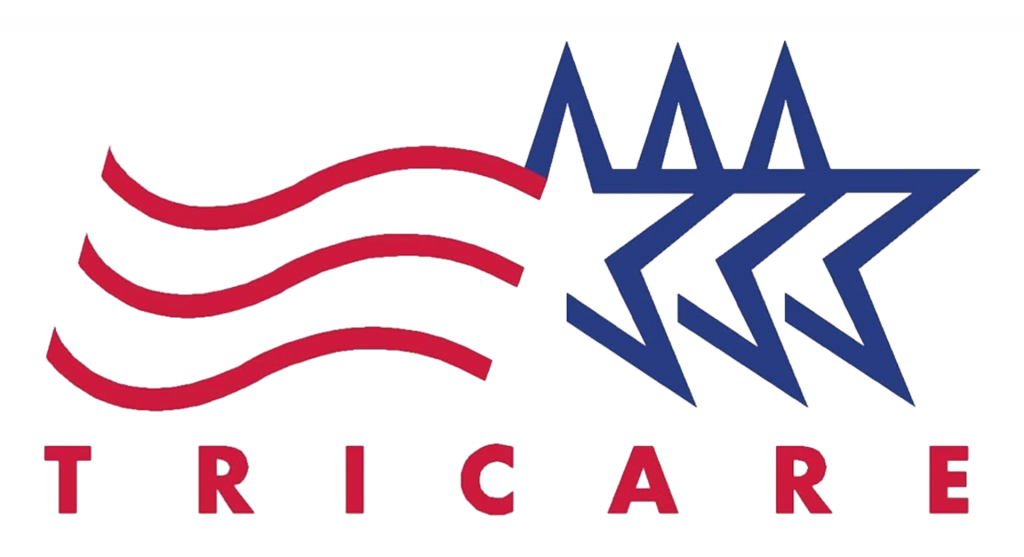
Complex PTSD is a fairly new term in the medical field. Many experts have suggested that the PTSD diagnosis does not fully capture the severe psychological harm that can occur with repeated or prolonged trauma. When an individual experiences chronic abuse or trauma over an extended period of time, they tend to show additional symptoms that aren’t listed in the standard PTSD diagnosis.
In addition to the main PTSD symptoms, typical complex PTSD symptoms include:
The intensity of C-PTSD symptoms can vary person-to-person and over time. Symptoms may be more frequent or intense when stressed or when reminded of the traumatic event. If you are experiencing suicidal thoughts, get help or contact a doctor or mental health professional immediately.
Complex PTSD is often misdiagnosed with borderline personality disorder, or BPD. The symptoms of the two disorders are very similar, and not all professionals are aware of C-PTSD. If you think that your diagnosis doesn’t match the way you feel, it’s important to discuss this with a mental health professional so you can be sure you’re getting the right treatment.
C-PTSD can develop after experiencing intense, chronic, or repeated trauma, such as:
There are also some risk factors that can make you more likely to develop C-PTSD:
Personal factors like genetics and coping mechanisms can also play a role in one’s susceptibility to developing the disorder.
The treatments for C-PTSD are largely similar to those of standard PTSD, but individuals may need intensive, long-term support in order to recover. A complete treatment plan should also address any additional problems you’re facing, such as depression, anxiety, or dissociation.
CBT is based on the idea that our thoughts, feelings, and behaviors are interconnected, and that changing our thoughts and behaviors can lead to changes in our feelings. CBT for PTSD typically includes several components.
EMDR is a form of therapy that helps individuals process traumatic memories and reduce the negative impact they have on their emotional well-being. This therapy is based on the theory that traumatic memories are stored differently in the brain than regular memories, and that through EMDR, these memories can be “processed” and the emotional distress they cause can be reduced. During EMDR therapy, the individual is asked to focus on a traumatic memory while the therapist guides their eye movements or other forms of bilateral stimulation back and forth. This is believed to mimic the rapid eye movements that happen during REM sleep and aid the brain in processing the traumatic memory. The individual is also asked to focus on various aspects of the traumatic memory, such as their feelings and thoughts about the event, and to rate the level of distress associated with the memory. As the individual recounts the traumatic memory, the level of distress should decrease. Additionally, the therapist will teach the individual coping strategies and skills to help them manage their symptoms and reduce their reactions to triggers.
TMS is a non-invasive procedure that uses magnetic fields to stimulate nerve cells in the brain. TMS has been studied as a potential treatment for post-traumatic stress disorder (PTSD) as it may help to reduce symptoms of anxiety and depression associated with PTSD. TMS is delivered using a device that generates a magnetic field, which is then directed at specific areas of the brain thought to be involved in the regulation of mood and anxiety. The magnetic field induces an electrical current in the brain, which can stimulate nerve cells and change their activity.
Ketamine has been shown to have rapid antidepressant and anti-anxiety effects. The medication works by binding to a specific type of receptor in the brain called the N-methyl-D-aspartate (NMDA) receptor. It is thought that by binding to this receptor, ketamine can change the way the brain processes traumatic memories and reduce the emotional distress associated with them.
Neurofeedback, also known as EEG biofeedback, is a type of therapy that uses real-time measurement and feedback of brain activity to help individuals learn to self-regulate their brain function. It has been studied as a potential treatment for post-traumatic stress disorder (PTSD) as it may help to reduce symptoms of anxiety and depression associated with PTSD. During neurofeedback, sensors are placed on the scalp to measure the electrical activity of the brain (EEG). This activity is then displayed on a computer screen in real-time, allowing the person to see their brain activity and learn to control it. For PTSD, neurofeedback typically focuses on training specific brainwave patterns, such as theta and alpha, which have been associated with relaxation and the regulation of emotions. By learning to regulate these patterns, the person may be able to reduce symptoms of PTSD.
At Bespoke Treatment, we always begin with a comprehensive evaluation to learn about your symptoms, lifestyle, and overall health. Then, after we diagnose your condition and understand your needs, we create a personalized treatment plan to relieve your symptoms and help you manage your negative thoughts. Our treatment plans can include a number of traditional therapies and group therapies, including EMDR, as well as treatment alternatives like TMS, ketamine, and neurofeedback.
If PTSD is disrupting your quality of life, call Bespoke Treatment or request a consultation online today.









